How To Increase Appetite Naturally: 9 Simple Home Remedies
Regain your fondness for food with these safe, practical, and easy-to-follow tips.

Image: Shutterstock
The food we eat keeps our tummy full. However, what would you do on days you don’t feel like eating anything? When you don’t have any cravings or desire to eat even your favorite foods? That’s when the natural appetite stimulants listed below can come to your rescue.

Your body needs a basic diet and nutrition to optimally maintain all its processes. In this article, we discuss the reasons for a loss of appetite and how you can keep your digestive fire burning with the help of some home remedies and natural tips and tricks. Read on to know more.
In This Article
What Causes Loss Of Appetite?
Loss of appetite can be temporary or long-term. The leading causes of a poor or absent appetite are (1):
- Emotional distress
- Depression
- Hormonal imbalance
- Breakdown of relationships
- Debilitating illnesses
- Eating disorders
Here are some simple home remedies for increasing appetite in children and adults.
Key Takeaways
- Excessive stress, hormonal imbalance, or eating disorders can cause a loss of appetite.
- Natural ingredients like pure maple syrup, fennel tea, or carom seeds may help improve your hunger and digestion.
- Include yoga and fish oil supplements in your regime to get your appetite back.
- Your doctor may prescribe oxandrolone or dronabinol to treat loss of appetite.
How To Increase Appetite Naturally
- Pure Maple Syrup
- Spices
- Coriander
- Fennel Tea
- Ginger & Coriander
- Carom Seeds
- Vitamins
- Fish Oil Supplements
- Yoga Or Other Exercises
Home Remedies To Increase Appetite
1. Pure Maple Syrup

Maple syrup is a caloric sweetener that may help stimulate hunger. Syrups with added sugars increase hunger signals in your system, promoting increased caloric intake, which may lead to weight gain. This is because when you consume sugar, your blood glucose levels rise rapidly, triggering a surge of insulin, the hormone responsible for lowering blood sugar. The rapid insulin response may cause blood sugar levels to drop quickly, leading to hypoglycemia or low blood sugar, triggering hunger and cravings for more food, especially high-carb or sugary options (2). However, these syrups not only provide fewer nutrients but also lead to nutritional deficiencies.
Note: Although this remedy helps promote hunger, it doesn’t support a healthy metabolism.
You Will Need
- 2 tablespoons pure maple syrup
- 1/2 liter lemon juice
- 1/2 liter water
- 1/2 teaspoon white vinegar
What You Have To Do
- Pour water in a pan, add pure maple syrup, and heat it.
- Remove the pan from the flame and let it cool.
- Add freshly squeezed lemon juice and vinegar.
- Mix well and store the mixture in an airtight container.
- Drink two tablespoons of this mixture.
How Often You Should Do This
Consume this 2 times daily.
2. Spices
If you’re wondering how to increase appetite, just add a dash of spice to your cooking. Abdominal fullness or bloating can reduce your appetite. In such cases, carminative herbs and spices like cinnamon, black pepper, peppermint, thyme, etc. can reduce bloating and increase your appetite (3). They do so by stimulating the secretion of digestive enzymes and bile, a fluid produced by the liver that aids digestion (4). This makes food more efficiently processed and may encourage appetite.
You Will Need
Cinnamon/Black pepper/Peppermint/Oregano
What You Have To Do
- Sprinkle a good amount of cinnamon on baked goods or buttered toasts.
- You can also add a mix of herbs like black pepper, oregano, thyme, etc. to a variety of dishes.
How Often You Should Do This
Repeat this daily.
3. Coriander
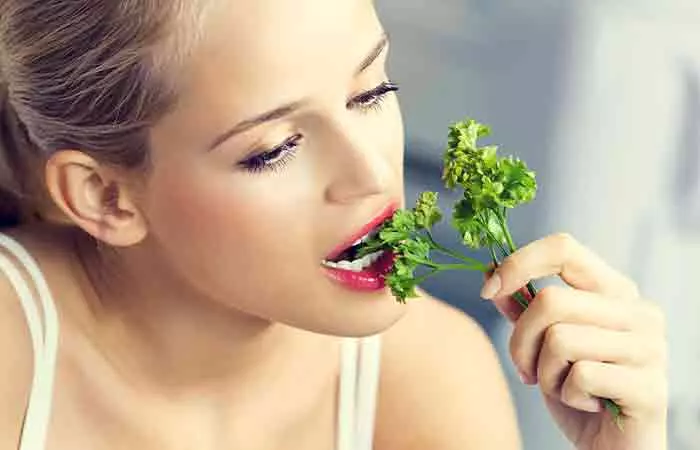
Coriander is a commonly used herb in most Indian cuisines as it is known to treat indigestion. Coriander juice helps in the release of gastric enzymes, which, in turn, improves appetite. Coriander extracts helped increase appetite in rat studies (5). However, more studies are warranted on humans to understand the mechanism of this natural appetite stimulant.
You Will Need
- ½ cup coriander leaves
- Water
What You Have To Do
- Prepare fresh coriander juice by blending the leaves with water.
- Drink this on an empty stomach.
How Often You Should Do This
Repeat this every alternate morning.
4. Fennel Tea
Fennel seeds act as appetite boosters in adults and children. They stimulate the production of bile by the liver, thus promoting digestion. Studies show that fennel seeds can enhance food consumption and motivation to eat in rats (6). Research also suggests that fennel seeds may stimulate the secretion of digestive enzymes, further enhancing digestion (7). This, in turn, may boost your appetite.
You Will Need
- 1 teaspoon fennel seeds
- ½ teaspoon fenugreek seeds
- 2-3 cups water
What You Have To Do
- Boil the fennel and fenugreek seeds for a few minutes.
- Strain and drink this tea.
- You can add some honey or orange juice for taste.
How Often You Should Do This
Drink this tea 1-2 times daily.
Caution: Consult your doctor before using this remedy for toddlers and infants.
5. Ginger And Coriander
Ginger is perhaps the most widely used natural appetite stimulant. Ginger juice works wonders for poor appetite. The administration of a ginger beverage increased appetite and promoted weight gain in rats. It lowered the levels of leptin, a hormone that regulates hunger by making you feel full (8).
You Will Need
- Coriander seeds powder
- Dried ginger powder
- 100 ml of water
What You Have To Do
- Mix coriander seeds powder and dried ginger powder in the ratio 5:1 to make up to a tablespoon altogether.
- Add this mixture to the water and heat it until the volume of the water is reduced to almost half.
- Take it off the flame and let it cool down a little.
- Drink this mixture while it is warm.
How Often You Should Do This
Drink this herbal concoctioni A mix of different herbs and ingredients, such as honey and ginger commonly used to treat diseases. every day.
6. Carom Seeds
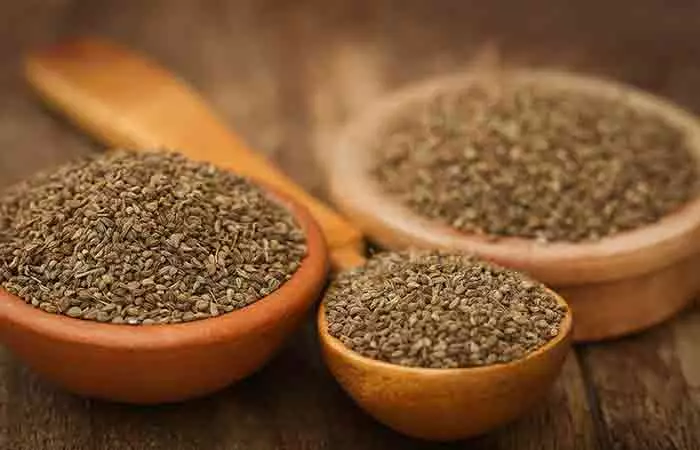
Carom seeds are commonly used in Indian cooking to aid better digestion. Carom or ajwain, taken with lukewarm water once a day, will work wonders for your alimentary canal. Besides acting as an anti-flatulenti Medications, also known as carminatives, which help relieve flatulence or excess gas from the intestine. and antacid, these natural appetite stimulants also help in the secretion of digestive enzymes that stimulate your hunger (9).
You Will Need
- 1 teaspoon carom seeds
- A cup of warm water
What You Have To Do
Ingest the carom seeds with warm water.
How Often You Should Do This
Do this once during the day, preferably in the mornings.
7. Vitamins To Increase Appetite
B vitamins are commonly used to increase appetite in adults, toddlers, and infants. They help to release energy from food and promote a normal appetite. A deficiency of any of the B vitamins can cause poor appetite and unhealthy digestion (10).
The recommended intake of these vitamins depends not only on the age but also on other medical conditions of the person. Consult your doctor to test for any deficiencies that may be causing loss of appetite. If a deficiency is confirmed, supplementation with B vitamins is recommended to increase the appetite.
Note: Do not give any supplements to infants and toddlers without consulting a doctor.
8. Fish Oil Supplements
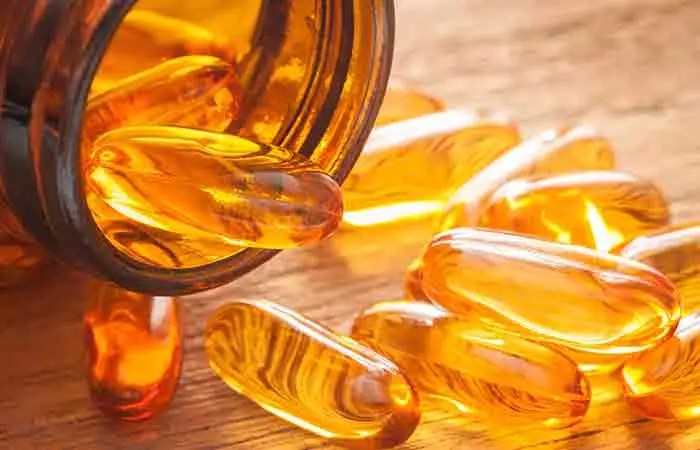
Studies show that fish oil supplementation may help increase appetite in both adults and children (11), (12). It also reduces bloating.
This may be because fish oil supplements contain omega-3 fatty acids that are known for their anti-inflammatory properties. They may help reduce inflammation, aiding better digestion (13), (14).
Note: It is important to consult your healthcare provider before taking these supplements or giving them to children.
9. Yoga Or Other Exercises For Appetite

Healthy exercise habits are the best way to regain a lost appetite. Yoga can help you to a great extent in this aspect. This is because yoga is known to reduce psychological issues like stress that are linked to loss of appetite (15), (1). Practice yoga for 30-45 minutes every day for a healthy body and improved digestion. Some poses that can help to increase your appetite are:
- Surya Namaskar – This 12-step routine activates all the main muscle groups of the body and regulates all internal processes.
- Kapalbhati Pranayama – This breathing yoga exercise regulates digestion and increases appetite.
- Paschimottanasana – The Forward Bending Pose is good to relieve digestive problems and improve appetite.
- Pawanmuktasana – This pose helps eliminate constipation and other digestive problems, thus increasing your appetite.
A study analysed data from 1820 young adults who had completed the round of Project EAT (Eating and Activity in Teens and Young Adults) surveys. The participants were then interviewed regarding their perception of whether yoga influenced their eating habits and lifestyle. About 90% of participants said yoga had a positive impact on their eating habits while about 75% said that it positively impacted their physical activity levels.
Note: While these remedies to increase appetite may be effective, they may not work for everyone. If you continue to experience a poor appetite despite trying them, consult a healthcare professional. Consult a doctor immediately if you notice symptoms like unintentional weight loss, persistent fatigue, digestive issues, etc. These could be signs of an underlying medical condition that requires proper diagnosis and treatment. A doctor can help identify potential causes behind them and recommend proper treatment to improve your appetite safely and effectively.
Gaining better control over your daily routine can help a lot in improving your appetite. Sleep and wake up on time, exercise regularly, drink lots of water, avoid too much snacking between meals, follow proper meal times, and think positive.
 Quick Tip
Quick TipHere are some medicines that can increase your appetite. However, talk to your doctor about the associated benefits and risks before taking these medicines.
Medicines To Stimulate Appetite
The medications listed below might help you get your cravings back. But these medicines should be taken only with the prescription of a doctor.
1. Megestrol Acetate
It is a synthetic derivative of progesterone. It is prescribed to boost appetite and treat anorexiai The loss of appetite that mostly occurs as a symptom of serious diseases, such as cancer, AIDS, etc. or cachexiai Abnormal and rapid loss of muscle mass and eventually body weight that occurs as a symptom of chronic diseases. (unexplained significant weight loss caused due to chronic diseases) (16).
Caution: Megestrol acetate has side effects like loss of libidoi The sexual drive of a person or their desire to get involved in sexual intercourse, depending on biological as well as sociological factors. , flatulence, chest pain, etc. (17). Hence, do not self-medicate. Consult a doctor for the appropriate dosage.
2. Oxandrolone
Oxandrolone is a synthetic derivative of testosterone. It is prescribed to increase appetite and help you regain lost weight after surgery, chronic infection, or severe trauma (18).
Caution: Unregulated use of this drug can lead to life-threatening liver conditions (19).
3. Dronabinol
It is a form of synthetic cannabis. It is prescribed to treat loss of appetite caused in people with AIDS. It is also given to treat severe nausea caused by chemotherapyi A widely used cancer treatment that employs strong chemicals to kill rapidly multiplying malignant cells. (20).
Caution: Possible side effects of this drug include raise in blood pressure, dizziness, mood swings, etc.(21).
 Did You Know?
Did You Know?Here are some tips you can follow to stimulate your appetite naturally.
Tips To Increase Your Appetite
- Plan every meal – Have 6-8 small meals per day. Include nutritious and protein-rich foods in your diet.
- Pick high-calorie foods – Add cheese, butter, milk, and other protein-rich foods to your meals.
- Avoid low-calorie and fibre-rich foods.
- Exercise regularly.
- Drink protein-shakes daily.
- Eat your favourite foods often.
These are some tips to increase your appetite. But are hunger and appetite the same? Let’s find out in the following section.
Difference Between Appetite And Hunger
| Hunger | Appetite |
|---|---|
| It is a physiological drive to eat in response to a lack of food in the body. It is the body’s way of letting you know that it requires food and energy to function properly. | It is a psychological desire to consume food. It is closely related to sensory elements like the visual appearance, taste, and smell of food. |
| Irritability, stomach growling, and general feeling of emptiness in the stomach are signs of hunger. | Unlike hunger, which is a more involuntary reaction, appetite can be influenced by conscious decisions. |
Infographic: Top 5 Remedies To Increase Your Appetite Naturally
There are many reasons why you don’t feel like eating suddenly such as a disorder, illness, stress, hormonal imbalances, and certain medications. It’s unhealthy to not eat, so what do you do when you don’t feel hungry?
Check out the infographic below to learn the top 5 remedies to increase your appetite naturally.
Some thing wrong with infographic shortcode. please verify shortcode syntax
Loss of appetite can be either temporary or long-term. Emotional distress, depression, hormonal imbalance, breakdown of relationships, debilitating illnesses, and eating disorders are common causes of a poor or absent appetite. Gaining control over your daily routine and maintaining a healthy lifestyle can improve your appetite. A balanced diet composed of fruits, vegetables, vitamins, minerals, amino acids, essential fatty acids, healthy proteins, complex carbs, and all essential nutrients is necessary for a healthy life. However, if you exhibit symptoms of anorexia or bulimiai A type of eating disorder in which a person starts overeating, followed by episodes of vomiting to not gain weight. , seek medical care immediately. It necessitates medical attention and cannot be addressed with over-the-counter medications. However, if you are facing a temporary lack of appetite, try one or more of the above home remedies to boost your appetite. From exercises like yoga to consuming certain medications and trying certain natural appetite stimulants and herbs for weight gain, these tips can help you maintain a healthy weight and body.
Frequently Asked Questions
How long does it take for natural appetite stimulants to work?
It usually takes a few days to a few weeks for natural appetite stimulants to start working, depending on the individual and the particular treatment. Supplements like zinc can take longer to take effect, especially if they are correcting deficiencies. Whereas, herbal remedies like ginger might work more quickly.
What part of the brain controls your appetite?
The hypothalamusi A gland in the brain that produces important hormones, regulates balance between different systems, and controls emotional activity. controls your appetite and satiety. It coordinates the utilization of the energy produced by the digestion of food and regulates food intake (23).
What does it mean when you have no appetite?
When you have no appetite, it means that you do not feel hungry and do not have the urge to eat.
Is loss of appetite a sign of anorexia?
Yes, loss of appetite is a sign of anorexia, but only in cases where it is consistent over a long period. It also results in extreme weight loss and reduced immunity.
Can pneumonia cause loss of appetite?
Yes. Among the many symptoms and after-effects of pneumonia, loss of appetite is a common symptom.
Does magnesium increase appetite?
No. According to a study, magnesium inhibits appetite, reduces food consumption, and lowers body weight. It is probably due to the stimulation of cholecystokinin by magnesium, which inhibits eating behavior (24).
Does CBD increase appetite?
According to a recent study conducted on 2,409 CBD users, 6.35% of them reported experiencing more hunger than usual (25). However, more research is needed to fully understand the effects of CBD on appetite.
Does vitamin D increase appetite?
Vitamin D can boost serotonin levels, a neurotransmitter that influences everything from mood to sleep control (26), (27). Serotonin may play a role in appetite control by increasing satiety, decreasing body weight, and decreasing calorie intake (28).
Does coffee help with increasing appetite?
Many people consume coffee in their breakfast, which can actually suppress their appetite further. Coffee may affect energy expenditure and feelings of satiety in individuals (29).
Illustration: Ways To Increase Your Appetite Naturally
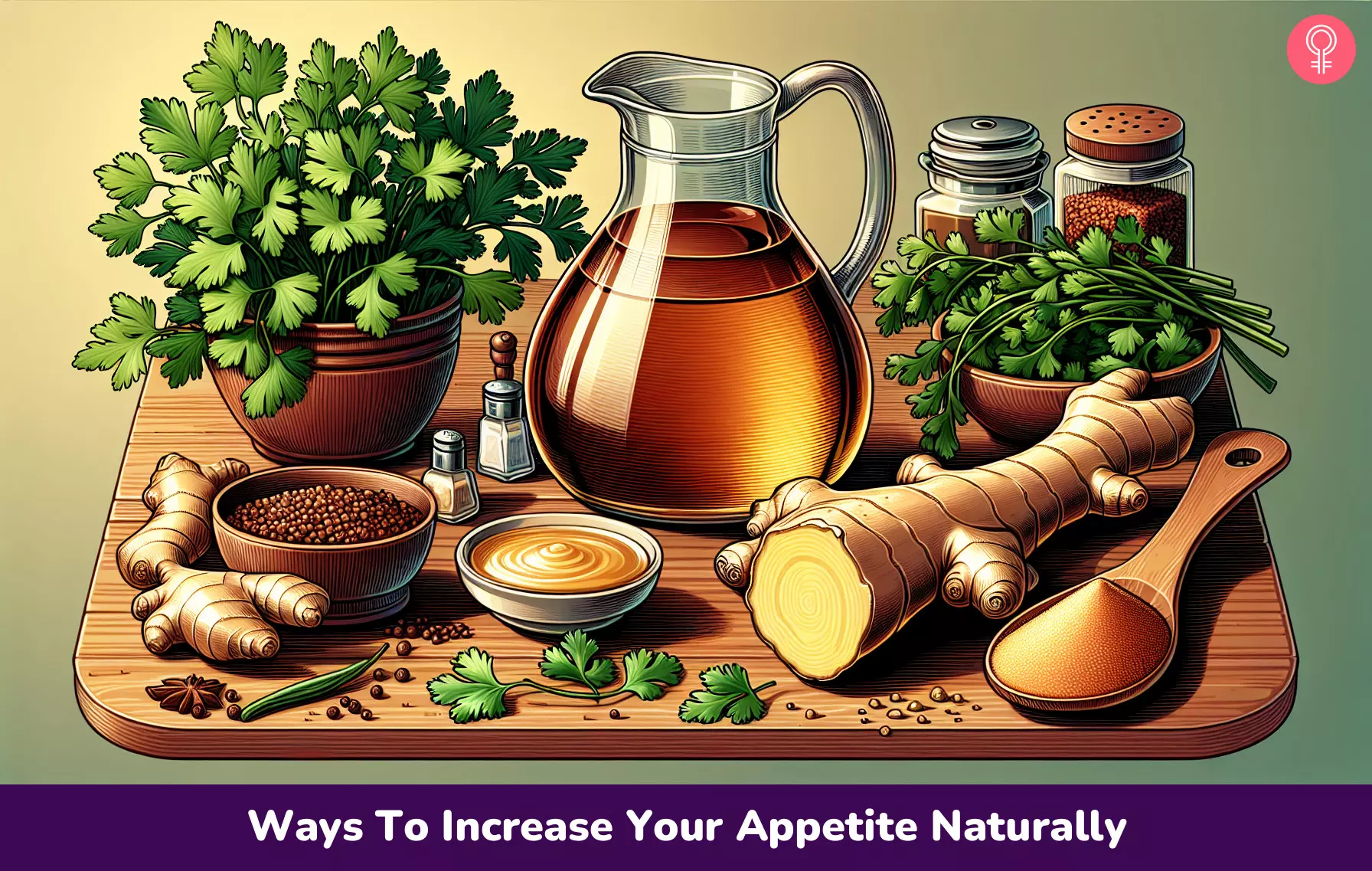
Image: Dall·E/StyleCraze Design Team
References
Articles on StyleCraze are backed by verified information from peer-reviewed and academic research papers, reputed organizations, research institutions, and medical associations to ensure accuracy and relevance. Read our editorial policy to learn more.
- Rasik M. Parmar; Ahmet S. Can. “Physiology, Appetite And Weight Regulation.” StatPearls.
https://www.ncbi.nlm.nih.gov/books/NBK574539/ - DiNicolantonio, James J, and Amy Berger. “Added sugars drive nutrient and energy deficit in obesity: a new paradigm.” Open heart 3,2 e000469.
https://www.ncbi.nlm.nih.gov/pmc/articles/PMC4975866/ - Larijani, Bagher et al. “Prevention and Treatment of Flatulence From a Traditional Persian Medicine Perspective.” Iranian Red Crescent medical journal 18,4 e23664.
https://pubmed.ncbi.nlm.nih.gov/27275398/ - Kalpana Platel et al. “Digestive stimulant action of spices: a myth or reality?” Indian J Med Res . 2004 May;119(5):167-79.
https://pubmed.ncbi.nlm.nih.gov/15218978/ - Nematy, Mohsen et al. “The effect of hydroalcoholic extract of Coriandrum sativum on rat appetite.” Avicenna journal of phytomedicine 3,1 (2013): 91-7.
https://www.ncbi.nlm.nih.gov/pmc/articles/PMC4075695/ - Petit, P et al. “Effects of a fenugreek seed extract on feeding behaviour in the rat: metabolic-endocrine correlates.” Pharmacology, biochemistry, and behavior 45,2 (1993): 369-74.
https://pubmed.ncbi.nlm.nih.gov/8327543/ - Huihui Liu, et al. “Effects of dietary fennel (Foeniculum vulgare Mill.) seed powder supplementation on growth performance, nutrient digestibility, small intestinal morphology, and carcass traits of broilers” PeerJ. 2025 Jan 28;9:e10308.
https://pmc.ncbi.nlm.nih.gov/articles/PMC7847707/ - Wadikar, D D, and K S Premavalli. “Appetizer administration stimulates food consumption, weight gain and leptin levels in male Wistar rats.” Appetite 57,1 (2011): 131-3.
https://pubmed.ncbi.nlm.nih.gov/21510990/ - Bairwa, Ranjan et al. “Trachyspermum ammi.” Pharmacognosy reviews 6,11 (2012): 56-60.
https://www.ncbi.nlm.nih.gov/pmc/articles/PMC3358968/ - Schellack, G. & Harirari, P. & Schellack, Natalie. (2015). B-complex vitamin deficiency and supplementation. 82. 28-32.
https://www.researchgate.net/publication/283556727_B-complex_vitamin_deficiency_and_supplementation - Abu Zaid, Zalina et al. “Fish oil supplementation is beneficial on caloric intake, appetite and mid upper arm muscle circumference in children with leukaemia.” Asia Pacific journal of clinical nutrition 21,4 (2012): 502-10.
https://pubmed.ncbi.nlm.nih.gov/23017308/ - Damsbo-Svendsen, Signe et al. “Fish oil-supplementation increases appetite in healthy adults. A randomized controlled cross-over trial.” Appetite 66 (2013): 62-6.
https://pubmed.ncbi.nlm.nih.gov/23474089/ - Katri Peuhkuri, et al. “Even low-grade inflammation impacts on small intestinal function” World J Gastroenterol. 2010 Mar 7;16(9):1057–1062.
https://pmc.ncbi.nlm.nih.gov/articles/PMC2835780/ - Kristina N. Krupa, et al. “Omega-3 fatty acids” StatPearls Publishing; 2025 Jan.
https://www.ncbi.nlm.nih.gov/books/NBK564314/ - Sat Bir Singh Khalsa, “Yoga for Psychiatry and Mental Health: An Ancient Practice with Modern Relevance” Indian J Psychiatry. 2013 Jul.
https://pmc.ncbi.nlm.nih.gov/articles/PMC3768207/ - Aisner, J et al. “Appetite stimulation and weight gain with megestrol acetate.” Seminars in oncology 17,6 Suppl 9 (1990): 2-7.
https://pubmed.ncbi.nlm.nih.gov/2259925/ - Evans, William J. “Megestrol acetate use for weight gain should be carefully considered.” (2007): 420-421.
https://academic.oup.com/jcem/article/92/2/420/2566762 - Varness, Todd et al. “Oxandrolone Improves Height Velocity and BMI in Patients with Cystic Fibrosis.” International journal of pediatric endocrinology 2009 (2009): 826895.
https://www.ncbi.nlm.nih.gov/pmc/articles/PMC2817396/ - Kicman, A T. “Pharmacology of anabolic steroids.” British journal of pharmacology 154,3 (2008): 502-21.
https://www.ncbi.nlm.nih.gov/pmc/articles/PMC2439524/ - Badowski, Melissa E, and Paa Kwesi Yanful. “Dronabinol oral solution in the management of anorexia and weight loss in AIDS and cancer.” Therapeutics and clinical risk management 14 643-651.
https://www.ncbi.nlm.nih.gov/pmc/articles/PMC5896684/ - May, Megan Brafford, and Ashley E Glode. “Dronabinol for chemotherapy-induced nausea and vomiting unresponsive to antiemetics.” Cancer management and research 8 49-55.
https://www.ncbi.nlm.nih.gov/pmc/articles/PMC4869612/ - The causal role of breakfast in energy balance and health: a randomized controlled trial in lean adults
https://pubmed.ncbi.nlm.nih.gov/24898233/ - Ahima, Rexford S, and Daniel A Antwi. “Brain regulation of appetite and satiety.” Endocrinology and metabolism clinics of North America 37,4 (2008): 811-23.
https://www.ncbi.nlm.nih.gov/pmc/articles/PMC2710609/ - Kreft, Samo, and Borut Strukelj. “Influence of Magnesium Sulphate on Cholecystokinin, Hunger, and Obesity.” PROGRESS IN NUTRITION 23.3 (2025).
https://www.mattioli1885journals.com/index.php/progressinnutrition/article/view/9081 - Corroon, Jamie, and Joy A. Phillips. “A cross-sectional study of cannabidiol users.” Cannabis and cannabinoid research 3.1 (2018): 152-161.
https://www.ncbi.nlm.nih.gov/pmc/articles/PMC6043845/ - Patrick, Rhonda P., and Bruce N. Ames. “Vitamin D hormone regulates serotonin synthesis. Part 1: relevance for autism.” The FASEB Journal 28.6 (2014): 2398-2413.
https://pubmed.ncbi.nlm.nih.gov/24558199/ - Jonnakuty, Catherine, and Claudia Gragnoli. “What do we know about serotonin?.” Journal of cellular physiology 217.2 (2008): 301-306.
https://pubmed.ncbi.nlm.nih.gov/18651566/ - Halford, Jason CG, and Joanne A. Harrold. “5-HT 2C receptor agonists and the control of appetite.” Appetite Control (2012): 349-356.
https://pubmed.ncbi.nlm.nih.gov/22249823/ - Caffeine, coffee, and appetite control: a review
https://pubmed.ncbi.nlm.nih.gov/28446037/
Read full bio of Dr. Abby Kramer
Read full bio of Shaheen Naser
Read full bio of Arshiya Syeda
Read full bio of Dipti Sharma











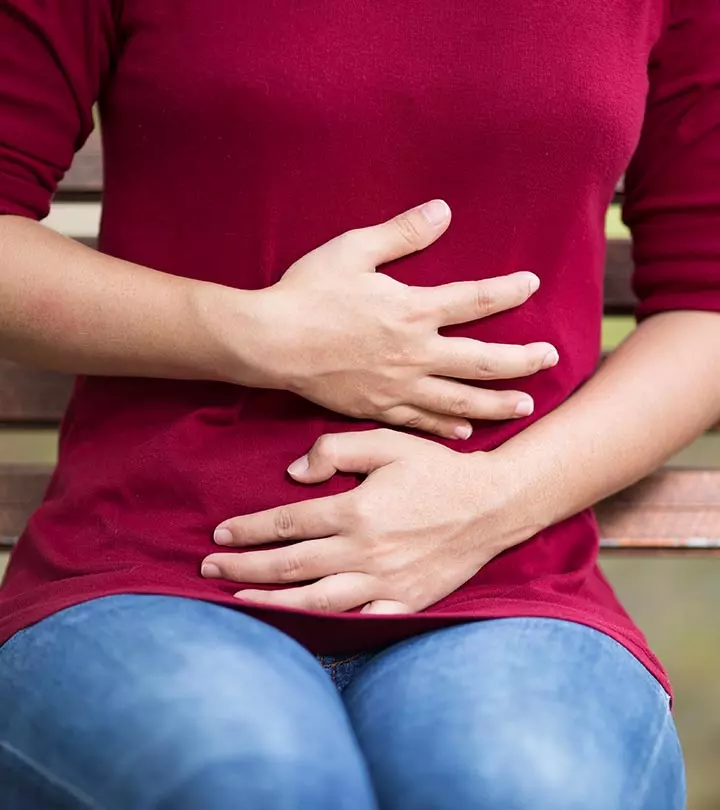

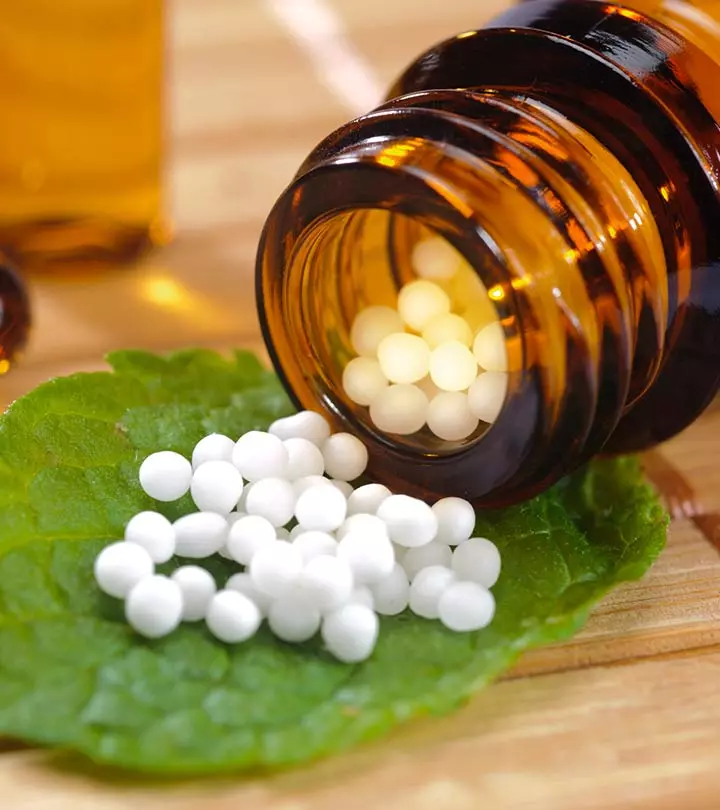

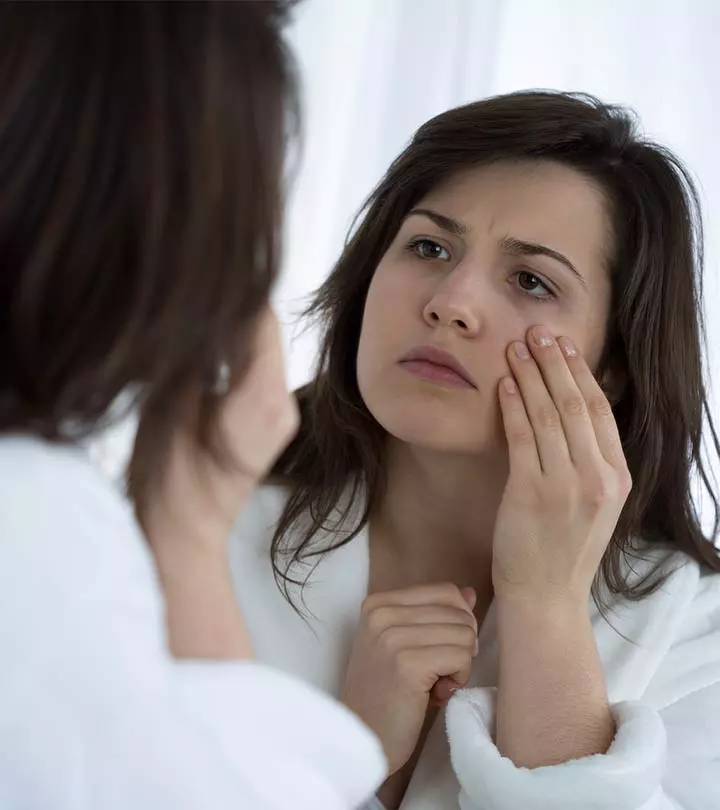
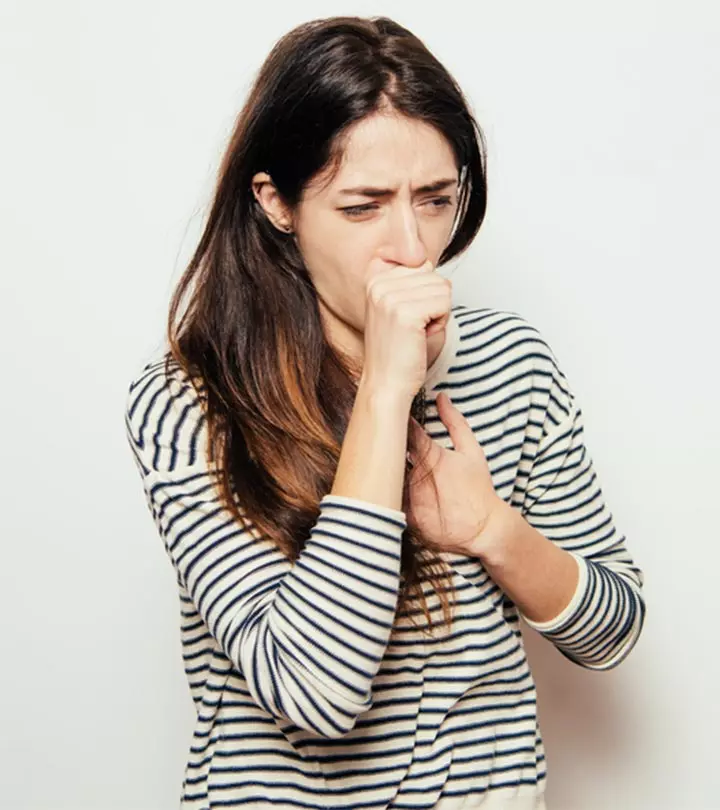


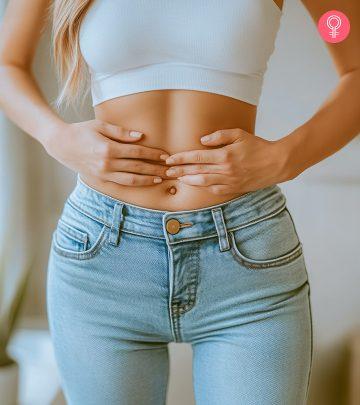


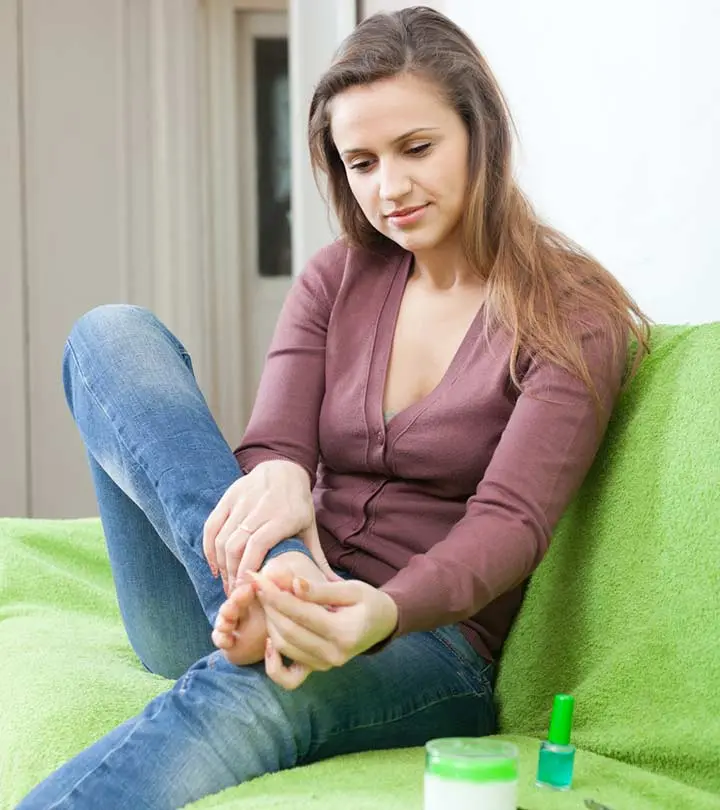



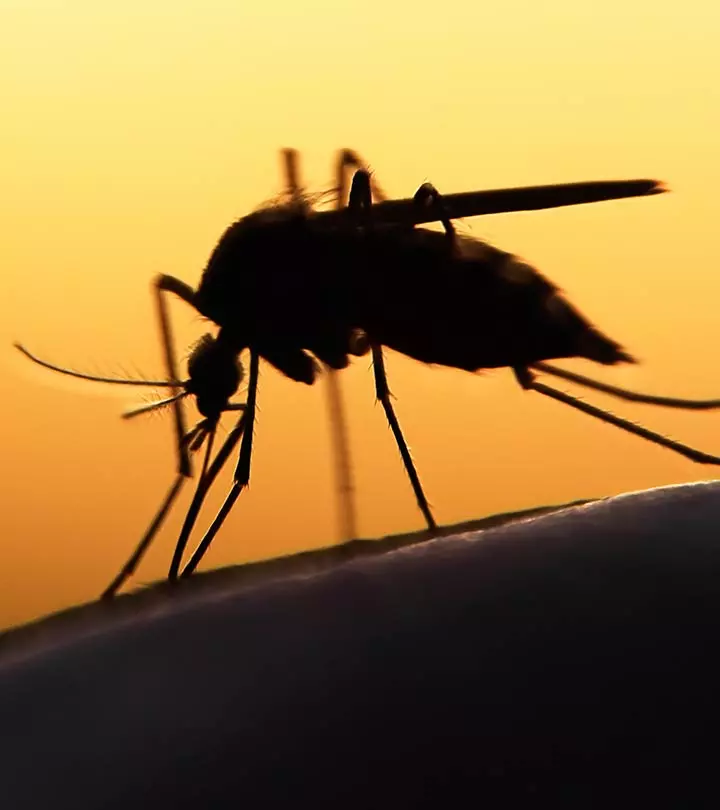
Community Experiences
Join the conversation and become a part of our empowering community! Share your stories, experiences, and insights to connect with other beauty, lifestyle, and health enthusiasts.